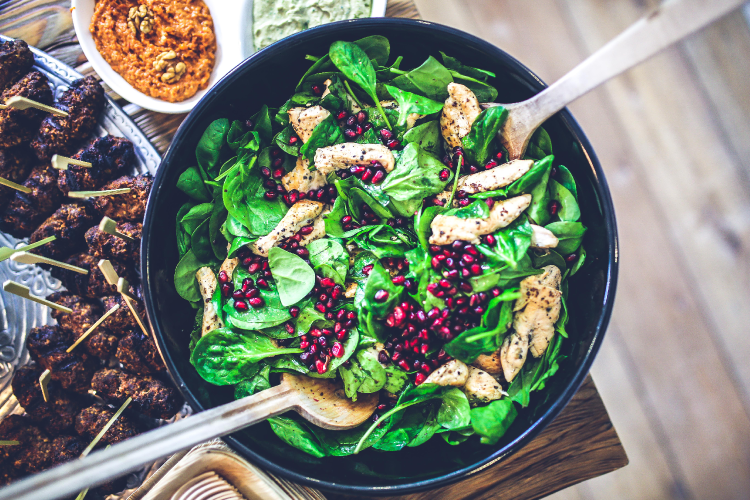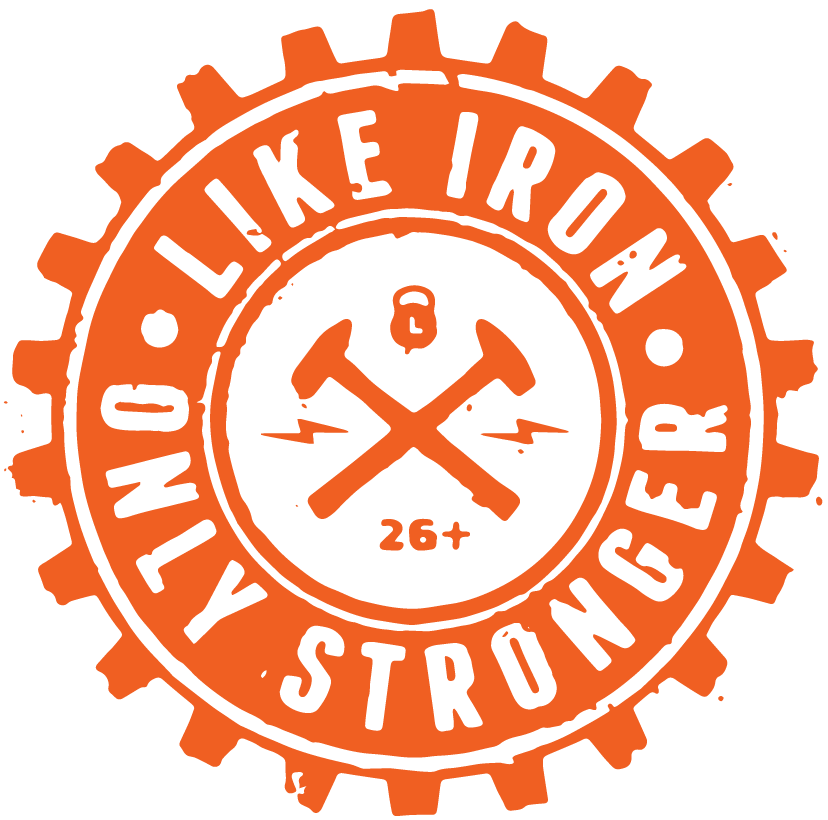Today I want to discuss nutrition. I want you to really think about this one word…adherence. I deal with many clients with many performance goals. Some people want to perform at a high level and others just want to look good naked. Both goals go back to that one word…adherence. It does not matter how optimal a nutrition plan or training program may be, if you cannot stick to it, it will not work! I suggest working towards a plan that is realistic.
Nutrition is a very complex topic which I will just barely scratch the surface in this article. I am also not a registered dietician (RD) and if you need individualized help seek a reputable RD. I want to discuss the importance of energy balance. In the grand scheme of things to lose weight, gain weight, or maintain weight calories in vs calories out is king. There are no magic foods with magic fat loss properties and there are no foods that should be completely demonized. The laws of thermodynamics hold true! Macronutrients (protein, fats, and carbs) are the sources of energy or calories in the diet. If you want to gain weight calories in must be greater than calories out. If you want to maintain weight than calories in must equal calories out. And lastly, if you want to lose weight than calories in must be less than calories out.
Let us take a quick step back and talk basic nutrition. Macronutrients contain calories and include protein (4 kcals/g), carbs (4 kcals/g), fat (9 kcals/g) and alcohol (7 kcals/g). We will not discuss alcohol in today’s discussion. Micronutrients are vitamins and minerals; they lack calories but play a role in enzymatic activity and many other physiological tasks. Now, with this basic understanding of calories, macronutrients and micronutrients let us talk about long term success (the rest of this article will focus on weight loss).
Many diets fail to work because they are too restrictive. My advice is allow for some variation within your diet. It should be a lifestyle and something you can follow forever. Personally, I count calories, macronutrients, micronutrients, and fiber. I accomplish hitting my target numbers by consuming satiating, nutritious foods. This process allows me to budget my food and allows for variation and encourages moderation. With a flexible approach like this, you can satisfy a craving as long as it fits into your daily budget and you hit the recommended calorie, macronutrient, micronutrient and fiber goals.
I have seen great success with this approach! This process is not overly restrictive, encourages moderation and ultimately teaches you to have a healthy relationship with food. However, although calories count it is not necessary to count calories. Again, adherence is the goal. I have many clients who do not enjoy using an app to count calories or a food scale to determine portions. In this case it is helpful to develop strategies that allow you to be in a caloric deficit (if the goal is weight loss) such as eating satiating, less palatable, whole foods that tend to be more voluminous (i.e. vegetables), higher in fiber, water and protein. It may also be beneficial to have a brief period where you do count calories and weigh food that way you have a better understanding of portion size. Now it is easy to say “move more and eat less” to lose weight but modifying behavior is difficult. My advice is to try to find strategies that are easy for you to adhere to and that modify your behavior to help reach your goals. For example, non-exercise activity thermogenesis (NEAT) decreases when you are in a caloric deficit. This means that you subconsciously move less throughout the day. Less movement leads to less calories burned. To help combat this you can try to walk more throughout the day. For example, you can take the stairs, walk to work, walk the dog, etc. Another tip is to cook at home and buy healthy groceries. It is easy to indulge and create a large energy surplus when you frequently eat out or when there are delicious hyperpalatable convenient snacks at home. By buying whole foods and eating out less often you create an environment in which it is easier to create a caloric deficit. There are many obstacles to overcome when trying to lose weight and it is not easy but stick with it and experiment with different strategies that help create an energy deficit.





